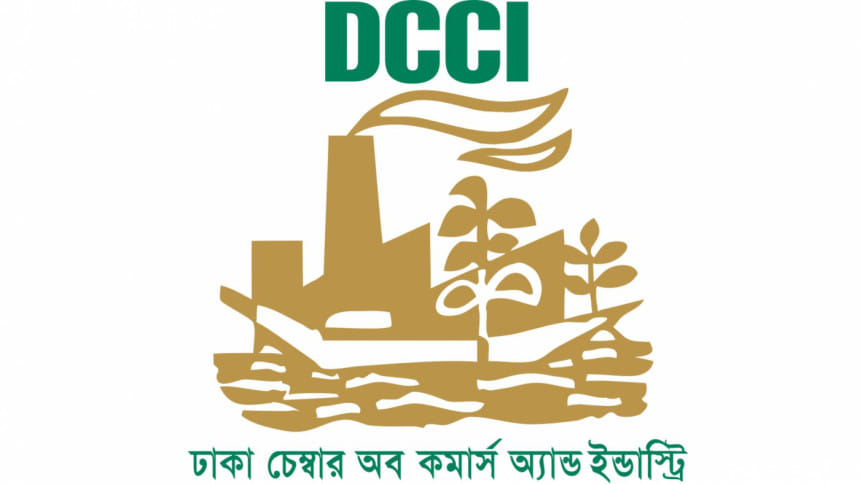Businesses concerned over VAT, gas price hike

Businesses yesterday expressed concern over the government's move to hike the gas price for industrial and captive users and the income tax for consumer durables as those would further decelerate economic activities and fuel inflation.
Both decisions will also have a negative impact on the already subdued investment scenario, said the Dhaka Chamber of Commerce and Industry, an association of industrial conglomerates, manufacturers and small and medium enterprises.
The proposal to increase the price of gas by more than double without ensuring uninterrupted gas supply will increase the cost of doing business manifold and create inflationary pressure, it said in a statement.
With the view to reducing the subsidy burden, Petrobangla has proposed to double the price of per unit gas for industrial and captive consumers to Tk 75.72 per cubic meter.
"In the current economic scenario, such price hike of gas will impact the overall investment climate, reduce the possibility of setting up new industries and hinder the business operations of existing investors," the DCCI said.
Private sector credit growth hit a 41-month-low of 7.66 percent in November last year, the latest available data from the Bangladesh Bank.
As a result, the production cost of export-oriented industries will increase significantly, which will weaken Bangladesh's export competitiveness in the international market and also discourage local and foreign investment.
The National Board of Revenue's move to increase the income tax for motorcycle, refrigerator, air conditioner and compressor industries from 10 percent to 20 percent will have an equally detrimental effect on the investment climate.
"The tax rate hike on manufacturing motorcycles, refrigerators, air conditioners and compressors amid the present economic situation is very unfriendly for industries though there has been a promise of tax benefit in the mentioned sectors until 2032," the DCCI said in a statement.
If the promise is retracted in the midway, it may send a detrimental message to both local and foreign investors of the government's "inconsistent" policymaking.
"This move will seriously impact foreign investment and put local investors in the doldrums."
Maintaining a stable and investment-friendly environment by ensuring long-term tax benefits, as well as a commitment to policy continuity, is necessary for expanding trade and investment for sustainable economic growth, it said.
Subsequently, the DCCI urged the government to retract the twin moves.
The chamber also called for a joint effort by the government, private sector and concerned stakeholders to overcome the existing economic challenges by ensuring a cost-effective business-friendly environment in the country.
M Masrur Reaz, chairman of the Policy Exchange of Bangladesh, a think-tank focusing on private sector economic policy and markets advisory, endorsed the DCCI's position.
"Doubling the gas price for industrial and captive users will compound several challenges facing businesses in Bangladesh," he said.
The private sector has seen a sharp and continued increase in the cost of business over the last two years due to a large devaluation of the taka and the hike in interest and wage rates.
Secondly, firms have been hit by sluggish demand due to erosion in purchasing power from inflation and reduced output due to import compression.
"A sudden large increase in both energy and taxes will likely hit the business, particularly small businesses, very hard, creating risks of retrenchment and even closure or default."
Subsequently, he urged the government to engage in a dialogue with businesses on the impact, approach and timing of such price and tax adjustments.

 For all latest news, follow The Daily Star's Google News channel.
For all latest news, follow The Daily Star's Google News channel. 



Comments